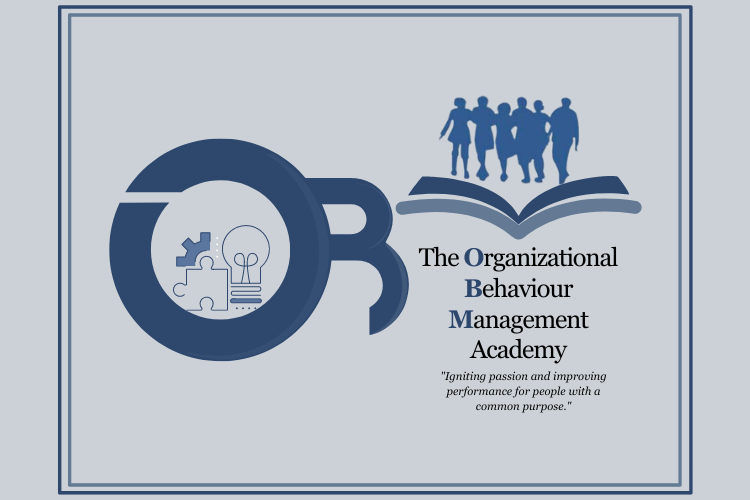In the current competitive marketplace, consumers are increasingly seeking not only high-quality products at reasonable prices but also brands that resonate with their values. This trend of values-based consumer behaviour has resulted in a significant transformation within the business landscape, where authenticity and positive reinforcement are essential for cultivating enduring customer relationships. Companies that prioritize alignment with consumer values are finding that such alignment fosters customer loyalty and contributes to long-term success.
What is Values-Based Consumer Behaviour?
The phenomenon of values-based consumer behaviour refers to the increasing tendency of individuals to make purchasing decisions influenced by a brand's position on social and environmental issues. Consumers are progressively utilizing their financial resources to endorse companies that align with their values, which may include commitments to sustainability, ethical labour practices, and social justice.
The market in question is not merely a niche segment. Consumers are inclined to change brands in favour of those that align more closely with their values. Additionally, consumers frequently demonstrate a willingness to pay a premium for products offered by companies that are perceived to contribute positively to society. As a result, the values espoused by a brand have evolved from being a secondary consideration to a core element of its public identity, significantly influencing consumer decision-making processes.
The Power of Positive Reinforcement
So, how can brands effectively connect with these values-driven consumers? The answer lies in positive reinforcement. Positive reinforcement is the introduction of a desirable or pleasant stimulus after a behaviour. The stimulus makes it more likely that the behaviour will occur again in the future.
In the realm of marketing, positive reinforcement serves as an effective strategy for cultivating brand loyalty. When a consumer selects a brand based on its values, they are engaging in a behaviour that aligns with the brand's desired outcomes.
Subsequently, the brand can reinforce this behaviour by recognizing and rewarding the consumer's choice. This approach fosters a positive feedback loop, wherein the customer derives satisfaction from their purchase, thereby increasing the likelihood of their continued patronage of the brand in the future.
Subsequently, the brand can reinforce this behaviour by recognizing and rewarding the consumer's choice. This approach fosters a positive feedback loop, wherein the customer derives satisfaction from their purchase, thereby increasing the likelihood of their continued patronage of the brand in the future.
How Brands Can Use Positive Reinforcement to Connect with Ethical Consumers
Brands can implement various strategies involving positive reinforcement to cultivate relationships with values-based consumers:
• Transparency and Authenticity in Business Practices: In an era where consumers are increasingly discerning, brands need to avoid "greenwashing" or making insincere declarations regarding their social responsibilities. To foster trust among consumers, organizations must demonstrate transparency concerning their values and the mechanisms by which they implement these principles. This entails providing candid information about supply chains, assessing environmental impacts, and committing to ethical business practices.
• The Art of Storytelling in Branding: Organizations that effectively communicate their values through storytelling gain a notable competitive edge. This can be achieved through various channels, including marketing campaigns, social media efforts, or even the design of product packaging. By using narrative techniques, brands can build stronger connections with their audience.
• Establishing a Sense of Community: Organizations can cultivate a sense of community by connecting customers who share similar values. This can be achieved through the establishment of online forums, social media groups, or in-person events. When customers perceive themselves as members of a larger movement, they are more likely to develop a profound connection to the brand.
• Brands have the opportunity to implement loyalty programs and other recognition initiatives to express their gratitude toward customers who align with their values. Such initiatives may include offering discounts on future purchases or making contributions to a charity selected by the customer. By incentivizing ethical consumer behaviour, brands can enhance the positive associations with their identity and promote customer retention.
The emergence of values-based consumer behaviour represents a significant force that is transforming the business environment. Organizations that can establish authentic connections with consumers by articulating their core values and employing positive reinforcement to foster relationships will prosper in this new era of conscious consumerism.
